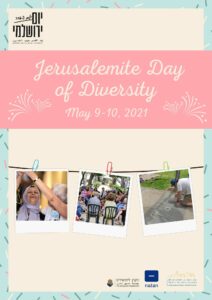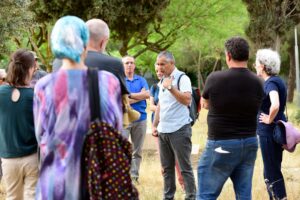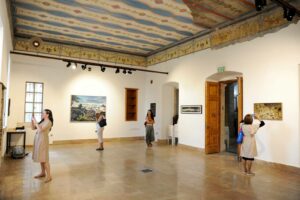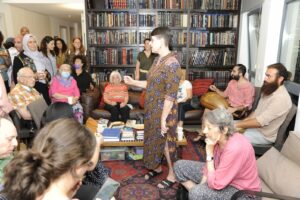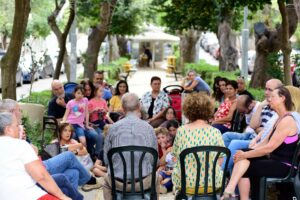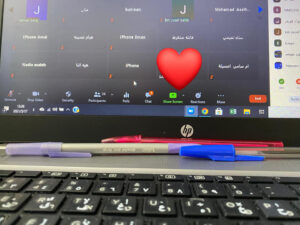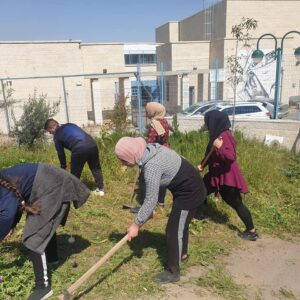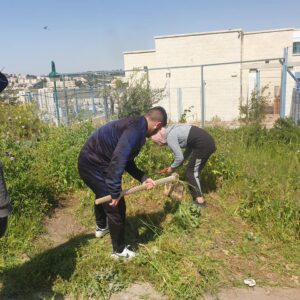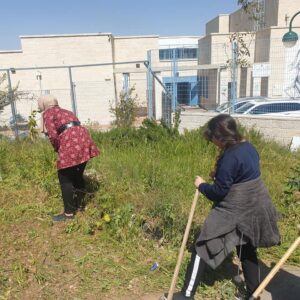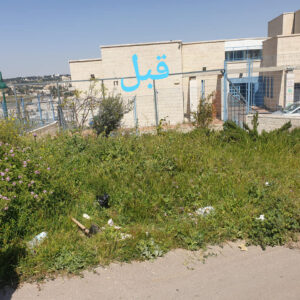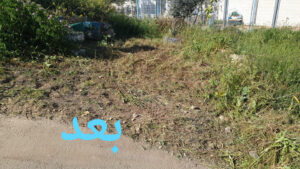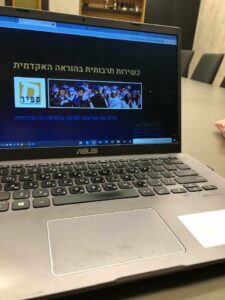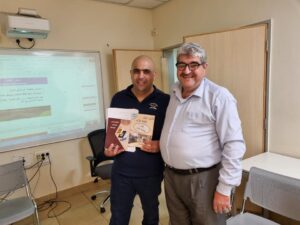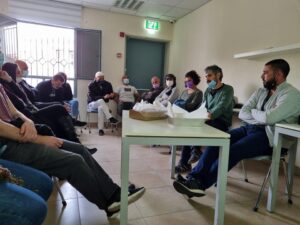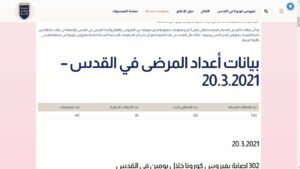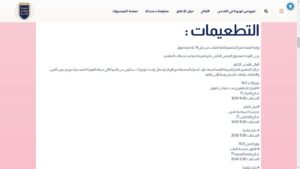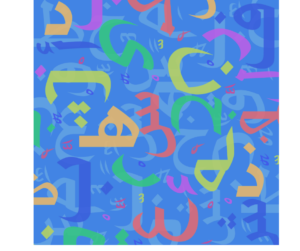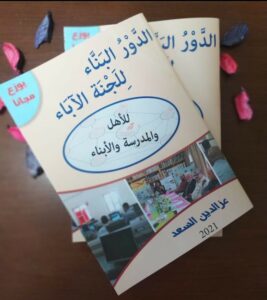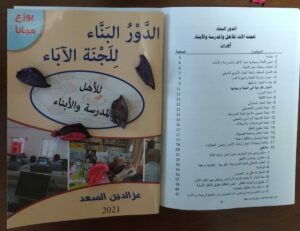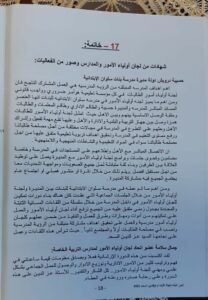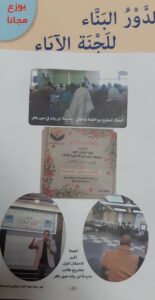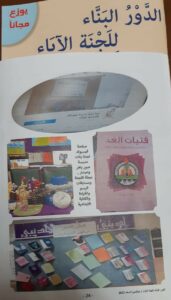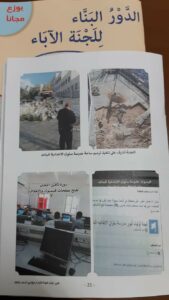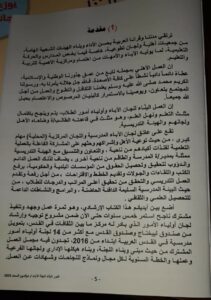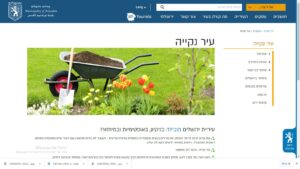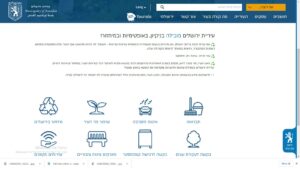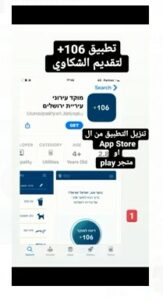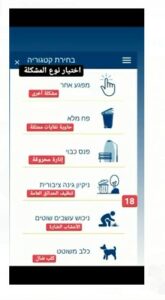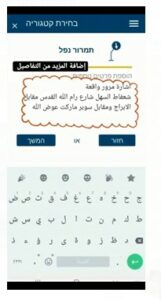Jerusalemite Day of Diversity, 2021
This was the sixth year in which thousands of Jerusalemites took part in Jerusalemite Day of Diversity events on May 9-10. (You can read about previous Jerusalemite Days here, here, here and here.) This year’s festivities included 150 events – 50 events held by Jerusalemite activists and 50 neighbood encounters between neighbors during Jerusalem Day, emphasizing the grassroots action that makes for a diverse and multicultural Jerusalem.
- Events: 43
- Neighbor encounters: 50
- Participants in events: 2,000
- Participants in neighbor encounters: 2,000
Each initiative was completely autonomous; the activists were those who dreamed, led, and created. The JICC provided logistical, strategic, and at times, financial support, but remained completely behind the scenes, assisting where necessary and providing the framework for echoing the authentic Jerusalem voices that call for tolerance and diversity in our complex city.
There were tours of a number of neighborhoods – Mamilla, Mea Shearim, Sheikh Jarrah, Pisgat Ze’ev and more; A joint prayer ceremony for Jews, Muslims and Christians; The creation of a Jerusalem culinary book by the best chefs in the city, peppered with childhood memories and thoughts about Jerusalem; Dozens of meetings with neighbors in different neighborhoods in the city that dealt with questions about good neighborliness and creating a diverse and common space in the building; Public sing-alongs organized by people dealing with mental illness, secular and ultra-Orthodox together; A huge street game to encourage meeting and conversation between passers-by; An original Jerusalem-Ethiopian play; Children’s drawing festival and various arts festival for adults; Portrait paintings of Jerusalem women; Meetings about Ashkenazim and Sephardim, Jerusalem diversity in Hebrew poetry, acceptance of the other in Judaism and more; Kosher Iftar dinner; Art workshops and diverse musical performances.
This year, Jerusalemite Day of Diversity took place against the background of a number of significant influencers:
- In the shadow of Covid-19: Over the past year work to advance tolerance looked very different than before. The Covid-dictated pace was different, the issues were different. Many organizations’ budgets had shrunk, limiting their staff and programming; as Jerusalemite Day neared, some organizations were bringing back staff that had been furloughed, and they were just transitioning back into their positions. In parallel, Covid made us focus inward – not on the entire city but on our neighborhoods, and thus there was an increased focus on neighborhood-based activity – connections between neighbors, within buildings and in close physical proximity, creating a sense of social solidarity.
- Mt. Meron Disaster on Lag B’Omer on April 29 had a huge impact on the ultra-Orthodox sector in particular, and on Israeli society in general. There was an overriding desire to show support for and identification with various communities. In addition, the media was busy covering that event and was not open to covering other events.
- Tense Atmosphere in Jerusalem: violence, tensions between Jews and Arabs. On the one hand, a concern about whether this is the right time to act in the public sphere, and on the other hand, it strengthened the need and importance of our work on Jerusalem Day.
All this happened during Jerusalemite Day of Diversity across the city, despite, and perhaps because of, the social tension bubbling beneath the surface in Jerusalem in weeks preceding the day. Despite the difficult atmosphere, there was a general sense this was necessary, now more than ever, to make the Jerusalem voice heard – the inclusive, diverse, multicultural view of the city, and to strengthen our presence in the public sphere.
Here’s a link to a more detailed summary that includes the entire list of events, and below is the Facebook post in Hebrew with the official photo album of the day.
Many thanks to the Jerusalem Foundation and the Natan Fund for helping us to advance tolerance and cross-cultural activism in Jerusalem.

